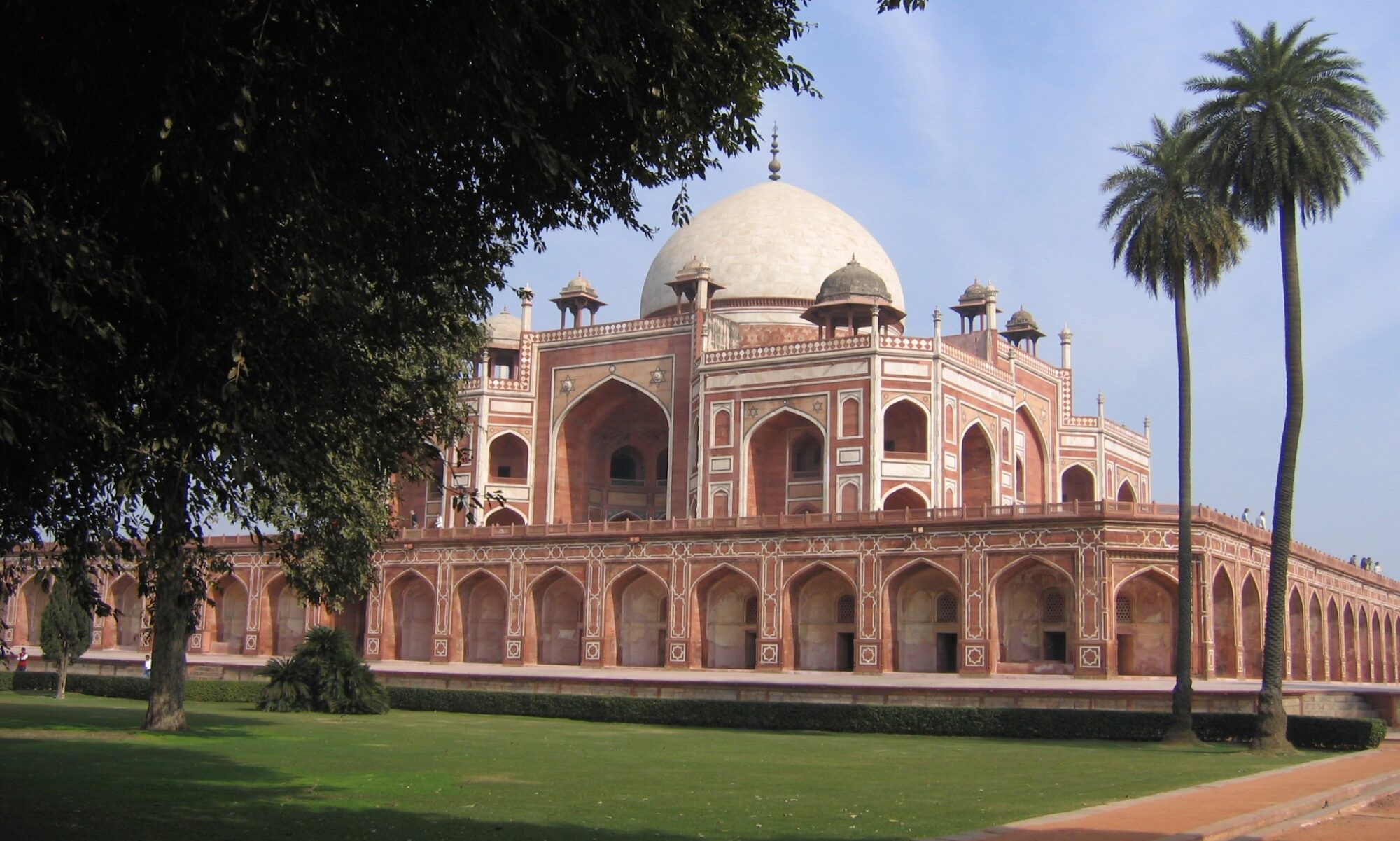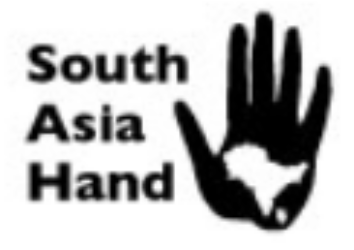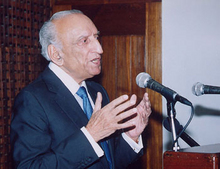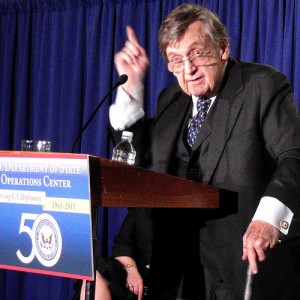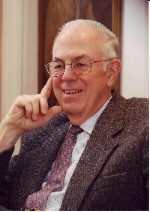
March 10, 2016: When Hal Saunders died last weekend, the world lost one of the most creative peace negotiators it has ever known. He is best remembered as the man who gave Jimmy Carter’s vision of an Israel-Egypt peace practical form at Camp David. Having worked for him both during and after his distinguished government career, we think it’s important to highlight two other characteristics that have been lost in most of the early remembrances. First, Hal was an extraordinary boss and colleague. Second, his government career – a couple of decades at the top of the official pyramid – was only the beginning of his contribution to both understanding and doing peacemaking.
Continue reading “Harold H. Saunders: Remembering a Peacemaker”
